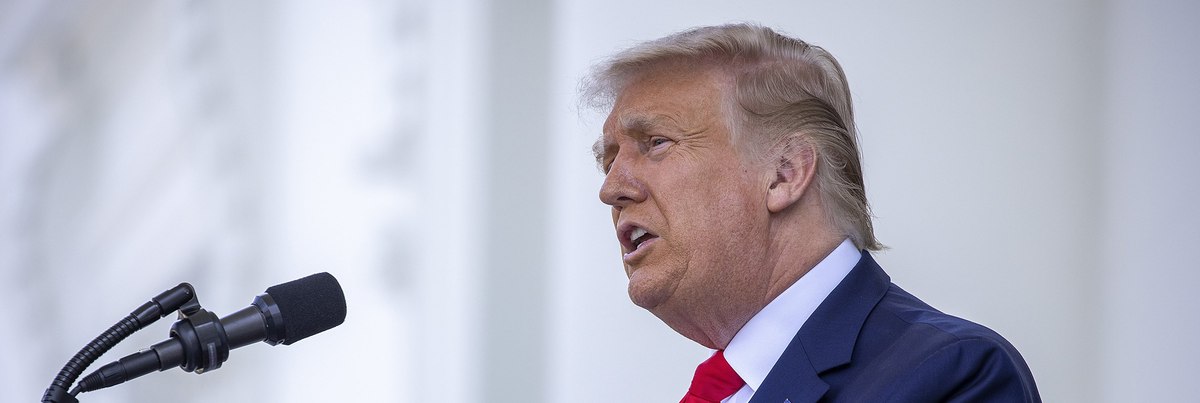Americans who currently reject the COVID-19 vaccine also don’t trust several of the healthcare experts who are urging vaccination.
There is one person whose medical advice these Americans trust — and it is someone who was vaccinated himself in January: President Donald Trump. Half of those who reject the COVID vaccine today (50%), trust medical advice when it comes from President Trump.
That is far more than the share of this group that trusts the Centers for Disease Control and Prevention (23%), President Joe Biden (15%), or Dr. Anthony Fauci (13%), the head of the National Institute of Allergies and Infectious Diseases.
The poll shows that, although no longer president, Donald Trump still has a role to play in the nation’s vaccination efforts. This already seems to have been recognized by Dr. Fauci and other medical experts who have called upon Trump to recommend the vaccine to his supporters, something the former president did in a recent Fox News interview.
The public overall is far more likely to trust the CDC (55%), Fauci (46%), and Biden (42%) for their medical advice than to trust former President Trump (31%). Republicans overall (66%) are more likely than those who refuse vaccination to say they trust medical advice from President Trump, compared to 7% of Democrats.
See the toplines and crosstabs from this Economist/YouGov poll
Related: Explore President Joe Biden’s job approval rating
Methodology: The Economist survey was conducted by YouGov using a nationally representative sample of 1,500 US Adult Citizens interviewed online between March 20 - 23, 2021. This sample was weighted according to gender, age, race, and education based on the American Community Survey, conducted by the US Bureau of the Census, as well as 2016 Presidential vote, registration status, geographic region, and news interest. Respondents were selected from YouGov’s opt-in panel to be representative of all US citizens. The margin of error is approximately 2.9% for the overall sample
Image: Getty











